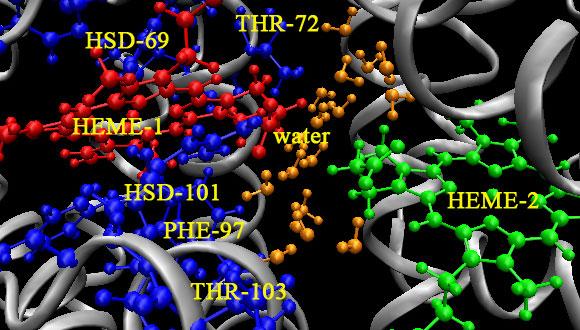סמינר מיוחד בכימיה פיזיקלית: Breaking the entanglement barrier: Tensor network simulation of quantum transport
Prof. Michael Zwolak
15 בדצמבר 2019, 10:00
בניין אורנשטיין, חדר 111
Abstract:
The recognition that large classes of quantum many-body systems have limited - or efficiently representable - entanglement in the ground and low-lying excited states led to dramatic advances in their numerical simulation via so-called tensor networks. However, global dynamics elevates many particles into excited states, and can lead to macroscopic entanglement (seen both experimentally and theoretically) and the failure of tensor networks. Here, we show that for quantum transport - one of the most important cases of this failure - the fundamental issue is the canonical basis in which the scenario is cast: When particles flow through an interface, they scatter, generating a "bit" of entanglement between spatial regions with each event. The frequency basis naturally captures that - in the long time limit and in the absence of an inelastic event - particles tend to flow from a state with one frequency to a state of identical frequency. Recognizing this natural structure yields a striking - exponential in some cases - increase in simulation efficiency, greatly extending the attainable spatial and time scales. This approach enables the mapping of the conductance diagram of the paradigmatic Anderson impurity problem. The concepts here broaden the scope of tensor network simulation into hitherto inaccessible classes of non-equilibrium many-body problems.


